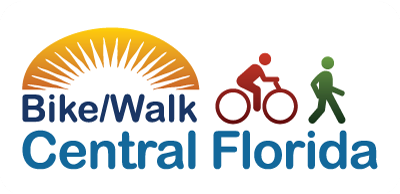We’ve all seen them – the newest fun, cheap and sustainable form of transportation to hit cities all over the world. The electric powered scooter has been a staple in many places for months now, like Ft. Lauderdale. Now, they’re legal across the state.
Governor Ron DeSantis signed a bill into law last Tuesday, legalizing electric-powered scooters in Florida, effective immediately. However, cities and counties will need to create ordinances to regulate specifics of their use.
Though Florida cities were allowed to have scooter programs before the law was passed, Florida’s new bill more clearly dictates who can use e-scooters and where they can use them.
Here’s a snippet of what the law actually does: it “authorizes a county or municipality to regulate operation of [e-scooters]…provides that an operator has all rights & duties applicable to the rider of a bicycle…[and] provides a person is not required to have a valid driver license to operate an [e-scooter].”
One of the most prominent ways the bill differs from previous law is that it allows users in cities with scooter programs to ride in bike lanes, rather than only on
 sidewalks. And, it leaves local jurisdictions to decide how to regulate scooter programs, or if they want to have them at all.
sidewalks. And, it leaves local jurisdictions to decide how to regulate scooter programs, or if they want to have them at all.
Some cities, like Tampa, have jumped at the opportunity to add e-scooters to their network of transportation. But, we might not see them in Orlando for a while.
“We made the decision when we put the [dockless] ordinance together that we would not consider scooters from anyone, including Lime, for a year,” Orlando Transportation Director Billy Hattaway told Orlando Weekly. “People keep asking. Of course Lime talked to us, and we said we would like to see how you operate your system, how you deal with customer complaints, how you deal with citizen complaints for a year before we consider your scooter system.”
Though a lot of factors go into adopting e-scooters into a city, any movement toward multi-modal transportation can be positive. Micro-mobility devices like e-scooters allow people to take Lynx or SunRail more easily—then jump on an e-scooter to ride that last distance to their destination. More options for travelers mean fewer drivers on the road and more opportunities for bikers, walkers and now, scooter users.
But, with unfamiliar transportation comes more responsibility to practice road safety. Some cities, like San Diego and Ft. Lauderdale, have debated scrapping the scooters all together after trial periods filled with accidents, injuries and even deaths. Others, like Chattanooga and Clearwater, actually issued bans.
Whether e-scooters become the most popular mode of transportation or gently fade out of existence in the coming years, we’re excited to see what effects they have on Central Florida.

